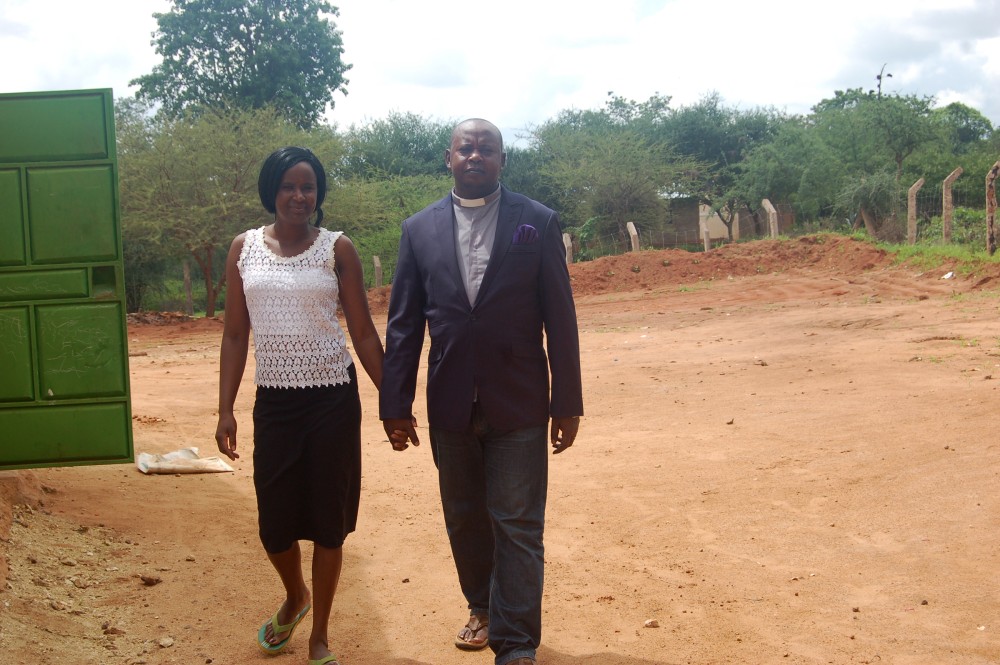HIV-positive pastor and his wife speak out about AIDS in East Africa
Samson Mulinge Mutuse and Evelyn Mueni Mulinge are among 260,000 Kenyan married couples where one spouse is HIV-positive and one HIV-negative.

Samson Mulinge Mutuse lost his wife to AIDS in 2013 and his 13-year-old daughter the next year. After he tested positive for HIV, congregants who learned about his status tried to push him out of the church he helped found, and someone tried to burn his church and home.
“I realized I was being abandoned by my flock and other church officials,” the pastor said. “They did not even help me bury my daughter.”
After his recent marriage to Evelyn Mueni Mulinge, a primary schoolteacher whose first husband died of AIDS in 2006, the couple is speaking out about showing compassion to those who have HIV or AIDS and about stopping the virus from spreading.




